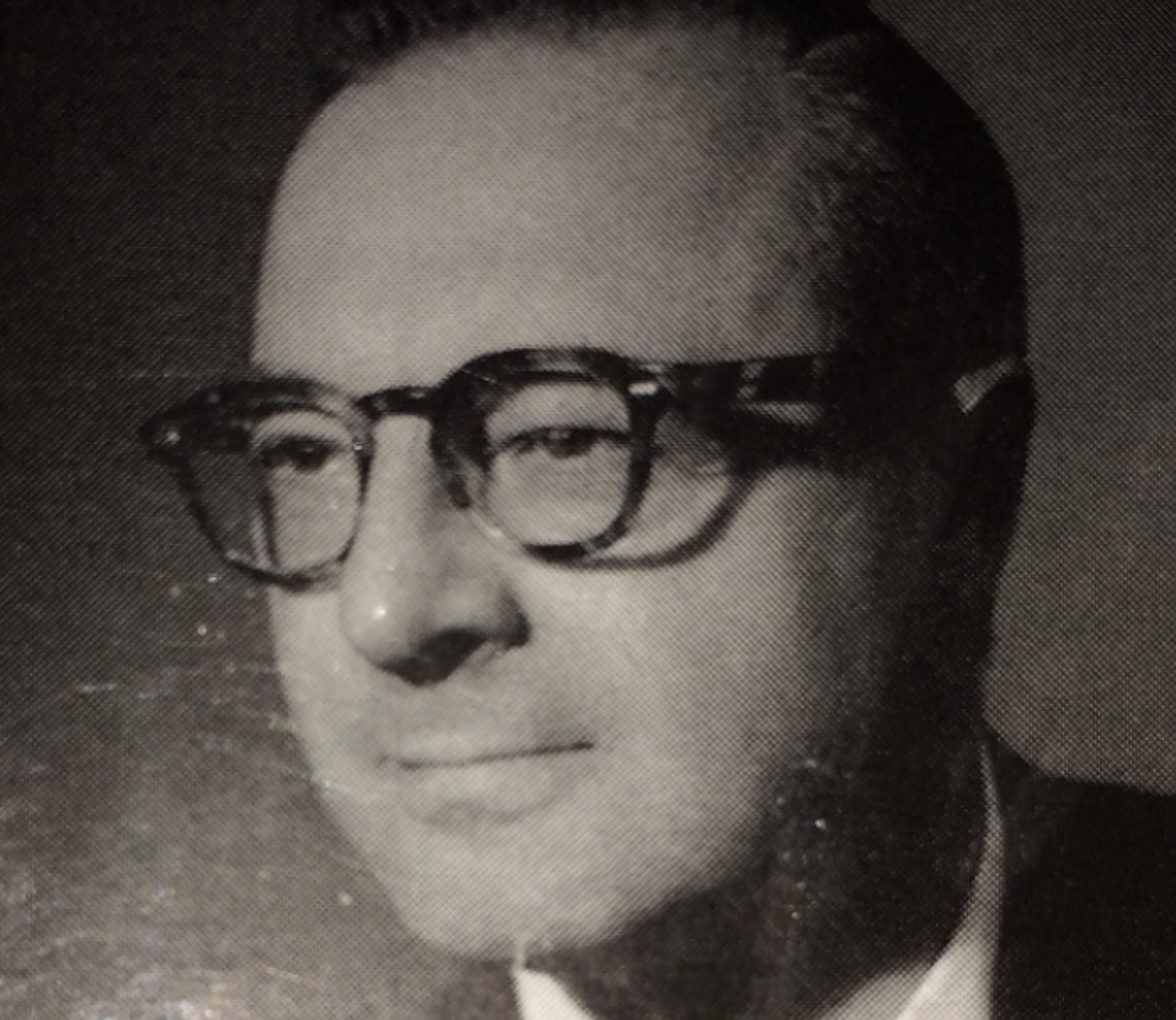Shortly after Martin Luther King was assassinated, a group of his closest friends met in his home. Some of them wondered who the White man was who kept checking in on the kids.
That was Stanley Levison. Stanley was a wealthy Jewish businessman from New York… and was also the former manager of the Communist Party’s finances, who had left the Party to use his business acumen to channel money into the Black Freedom Struggle. Together with his comrades Ella Baker and Bayard Rustin, Levison had been involved in an effort to fund local movements in the South that were trying to get off the ground in the period leading up to the civil rights movement. When the Montgomery Bus Boycott erupted, these three master-strategists channeled resources to the local movement… hoping that it would become the spark could light the fire of a regional movement.
And indeed, partly because of their support – which ranged from fundraising, consulting, networking, ghost writing, and even the direct mentorship of Martin Luther King – it did. From that moment on, Stanley Levison became Martin Luther King’s invisible confidant… the man who Martin always knew he could call if he woke up at 3AM filled with fears, with emotions he needed to process, or with new ideas he wanted to explore. Over the years Martin’s relationship with Stanley never wavered… not even when the FBI began using Martin’s connection to the former communist as the excuse for their campaign of surveillance, demonization, and intimidation of the great civil rights leader that was designed to destroy the most important social movement of the 20th century.
Martin valued Stanley partly because – unlike so many others, including important mentors like Bayard Rustin – Stanley had no interest in pushing Martin’s ideas or strategies in a certain direction. He was there simply to help Martin Luther King process his emotions and his thoughts, and to support whatever Martin’s decisions were. This allowed Martin to trust Stanley, perhaps more than anybody else, to be forthright with him and to express hard truths.
For years, Stanley Levison did Martin Luther King’s taxes, ghost wrote for him, secured his book contracts, worked tirelessly as a fundraiser for the movement, and most importantly, was a key advisor. Whenever Martin tried to offer Stanley payment, Stanley refused. In one letter explaining his refusal of payment Levison wrote: “My skills . . . were acquired not only in a cloistered academic environment, but also in the commercial jungle . . . I looked forward to the time when I could use these skills not for myself but for socially constructive ends. The liberation struggle is the most positive and rewarding area of work anyone could experience.”
One of Martin’s most beloved friends and most important aides, Andrew Young, later said of Stanley: “Of all the unknown supporters of the civil rights movement, he was perhaps the most important.” Coretta Scott King wrote: “Because he was such a modest man, few people know of the magnitude of his contributions to the labor, civil rights and peace movements.” After Martin’s assassination, Stanley joined his friend Harry Belafonte in ensuring that Martin’s wife and children would have no economic difficulties. Stanley Levison continued to fund a variety of movement causes until the day he died.
